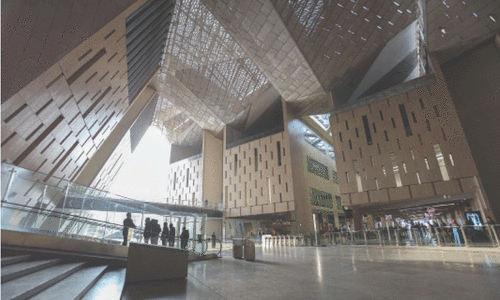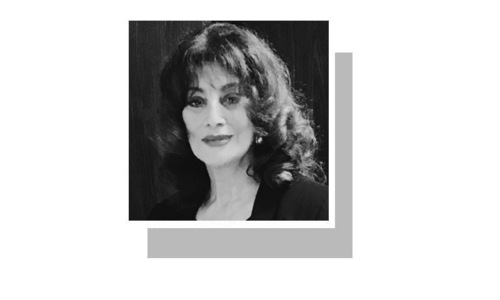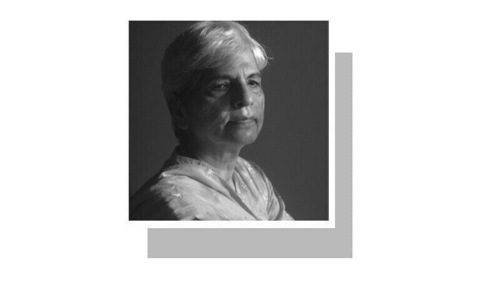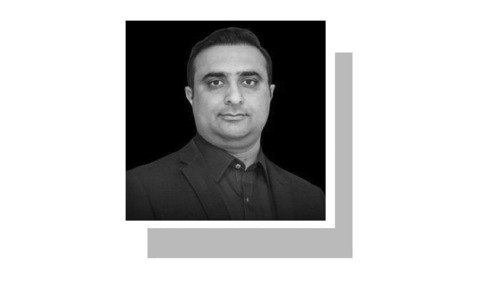VIENNA: The UN atomic watchdog’s new report on Iran’s nuclear programme turns up the heat on Tehran by accusing it of withholding key information on alleged attempts to make nuclear arms, experts said on Tuesday.
Compared with earlier reports, the latest one “is harder on Iran, both in the detail and in the tone”, said Mark Fitzpatrick, non-proliferation expert at the International Institute for Strategic Studies in London.
There was no “sugar-coated suggestion that Iran has been forthcoming in addressing almost all of the IAEA’s outstanding questions. Instead, the report provides a detailed listing of all the evidence of past work on various aspects of weaponisation”, Fitzpatrick said.
“It clearly refutes Iran’s claims that it has done everything it needs to do with regard to the action plan.” The restricted report, a copy of which was obtained this reporter, was forwarded by the International Atomic Energy Agency to the UN Security Council and its 35-member board of governors late Monday.
The IAEA board is set to discuss the report at its upcoming meeting on June 2-6.
The watchdog expressed “serious concern” in the report that Iran is still hiding information about alleged studies into making nuclear warheads and defying UN demands to suspend uranium enrichment.
“Substantive explanations are required from Iran to support its statements on the alleged studies and on other information with a possible military dimension,” the IAEA said.
“Clarification of these is critical to an assessment of the nature of Iran’s past and present nuclear programme.” The so-called alleged studies comprise a uranium conversion project, high explosives testing and designs for a missile re-entry vehicle and suggest there may have been a possible military angle to past nuclear work.
It said the IAEA was “of the view that Iran may have additional information, in particular on high explosives testing and missile-related activities, which could shed more light on the nature of these alleged studies and which Iran should share with agency”. A senior official close to the Vienna-based watchdog confirmed there was growing frustration within the agency at Iran’s persistent stonewalling.
The IAEA has been investigating Tehran’s nuclear activities for four years, but has so far been unable to say once and for all that the activities are entirely peaceful.
“We have not got substantive answers and we could have got those earlier,” the official said, speaking on condition of anonymity.
“I don’t see any reason why they cannot provide those” answers, he said.
“They know what we need. The questions are clear. We need the answers.” US and European officials agreed.
“The report shows in great detail how much Iran needs to explain, and how little it has,” the US ambassador to the IAEA, Gregory Schulte, said.
The IAEA’s director-general Mohamed ElBaradei “does not report progress, he does not report cooperation”, Schulte added.
“It’s disappointing, although perhaps not surprising, given Iran’s long history of evasiveness over the real purpose of its nuclear programme,” said an EU diplomat.
Nevertheless, Iran’s ambassador Ali Asghar Soltanieh insisted his country had answered all outstanding questions.
“We have left no question unanswered. We have given all the explanations needed as far as we are concerned,” Soltanieh said.
“We have given 200 pages of explanations” with regard to the so-called weaponisation allegations, Soltanieh continued. “We have dealt with this in depth.” The Iranian envoy insisted the new report was “a vindication and reiteration of the peaceful nature of Iran’s nuclear activities.” Iran would not suspend enrichment, Soltanieh said. “We will continue enrichment, while not suspending our cooperation with the IAEA.”—AFP











































